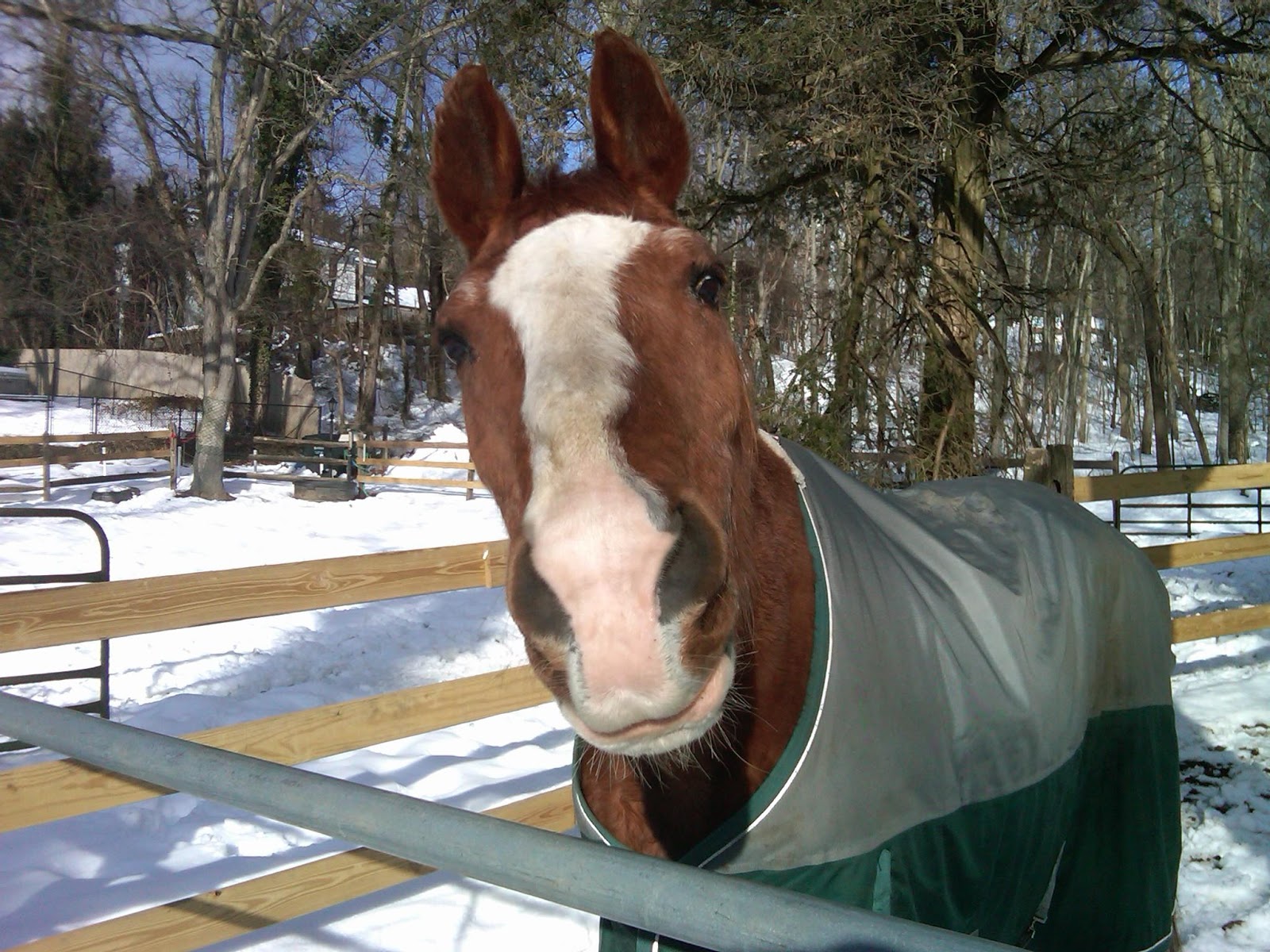LETTING GO April 2015
By Tom Gumbrecht
Intellectually we who love our animals know that if things play out the way nature intends, we will outlive them and as their stewards sometimes we are called upon to humanely accelerate the natural process.
The brain understands it this way:
Euthanasia (from a Greek word, meaning “good death”) is the practice of intentionally ending a life in order to relieve pain and suffering.
The heart, however, knows euthanasia as “taking our friend’s pain from them and making it our own.”
No matter how completely the brain understands the concept, we are are never really ready until the heart concurs. In my own experience, I was a horse owner for some years before I had to deal with the inevitable. At that time we had two horses, Buddy and Magic. Buddy had a myriad of health issues and was only rideable for three of the ten years we had him. Magic, a very sturdy and sensible mare, was never sick and was always up for anything that was asked of her. Given Buddy's history, I had forced myself to let him go emotionally many times before his uncanny life ended naturally at age 33. Magic’s health was never a concern so when she suddenly took sick it was very hard to process, but the severity demanded a swift decision that I felt totally unprepared to make. It was the Tuesday evening before Thanksgiving when the decision was put to me, and I selfishly and unthinkingly wanted to delay the inevitable until the day after the holiday. My veterinarian, normally a matter-of-fact, practical sort, uncharacteristically put his hand on my shoulder, looked me in the eye and said, “That would be asking a lot of your horse.”
My breath caught. He was right, of course, and I knew what the right decision was. I had not been prepared to let go so quickly. Arrangements were made, and I did not sleep that night. I remember praying that she passed during the night so that I didn't have to face the task in front of me. That night the most aloof of our three dogs, Mickey, wrapped his body over mine in a poignant display of empathy. Daylight came and I reluctantly rose to carry out my duty as steward for my animal. Magic loaded onto the freshly bedded trailer that would take her to the crematory later in the day. The vet came, and my friends and family were there. Magic was looking through the slats in the trailer into the paddock and her eyes were locked with Buddy’s who returned her soft gaze. I held Magic until the medicine took effect and when it did, I backed off as her legs dropped out and she fell upon the thick bedding beneath her. I was totally unprepared for what happened next; as Magic slipped away, Buddy let out a deafening whinny, the kind that if you were on his back when he did it, your whole body would vibrate. The vet told me this was a common reaction but I never expected it.
As I closed the trailer in preparation for the trip, I noticed that Buddy walked into Magic’s stall and sniffed her blanket on the rack through the open door. He licked the two lead ropes that were still suspended from the ceiling, which had been holding her IVs, and I thought the whole scene touching. As I started down the driveway with truck, trailer and Magic, Buddy, normally as quiet and serene as you could expect a horse to be, bolted out of Magic’s stall, wheeled around and kicked the top rail of the fence closest to us, shattering it and sending splinters flying toward us as we exited the farm. When I returned later that day I was told that immediately following our departure Buddy went back to grazing on bits of hay in the paddock as if the day were like any other. Buddy went through the entire grieving process in twenty minutes, and in doing so, began to educate me in the art of letting go.
I have lost many animals since that day, some naturally and some whose passing I had to help ease. Does it get easier? Actually, yes, because I no longer try to avoid the feelings that inevitably accompany euthanizing a friend. I don't try to manipulate them, or myself, and basically just let them run their course. Sadness is an appropriate feeling so I allow myself to be sad. I allow the emptiness to come, and then to go. I no longer cling to it as I once did, thinking that prolonging my sadness, guilt and emptiness was a form of respect for my departed friend.
We recently lost a dog, Dusty, who had been with us for twelve years. His health had been slipping but he still had an obvious quality of and zest for life. That changed very quickly one recent evening when he had a neurological episode that left the rear half of his body paralyzed and he was scared and confused. We were able to make him comfortable until the vet came the next day and eased his passing. In sharp contrast to my first experience with euthanasia, this was, in a way, a very beautiful experience as I held him gently and felt him lightly breathe his last breath surrounded by the family that loved him during his life. At that moment I felt honored. Brief bouts of sadness and emptiness come to me still, and I let them come and I let them go.
As I have been finding more and more frequently, I find that my animals have taught me many of life's lessons that I needed to learn: to love fully, to trust completely, and to let go. Of all the emotions that accompany the carrying out of what inevitably needs to be done, what I ultimately feel most.. is honored.
